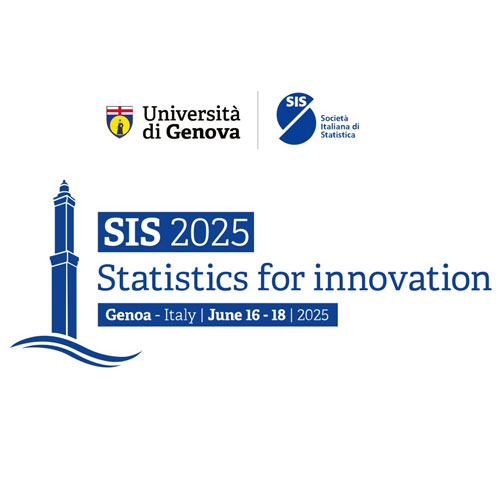







16-18 June Genoa, Italy
Mendola D., Parigi M., Arcaio M., Parroco, A. M. (2025) “Assessing Multidimensional Vulnerability of Refugees and Asylum Seekers in Italy”. Paper presented at SIS 2025 Conference, Genoa, 16-18 June 2025
This study aims to assess vulnerability and its correlates among refugees and asylum seekers in Italy. To do so, we employ firsthand data from the first Italian national survey on this population and construct a multidimensional vulnerability index. The index covers the dimensions of economic vulnerability, residential segregation, mental health, physical health and legal and social protection. We then employ a gamma regression model to investigate the association between the overall vulnerability index and socio-demographic and legal factors. Our results show that individuals granted lower levels of legal protection are significantly more vulnerable than those granted higher levels of protection. Furthermore, experiencing discrimination also significantly increases vulnerability. Noteworthy, we also find that women with lower levels of legal protection are less vulnerable than their male counterparts with the same legal status.
Arcaio M., Parroco, A. M., Mendola D. (2025) “Factors Promoting and Hindering Refugees Employment Outcomes: First Results from an Italian Survey”. Paper presented at SIS 2025 Conference, Genoa, 16-18 June 2025
Employment helps foster integration, representing a form of autonomy, stability and fulfilment, particularly relevant for forcibly displaced individuals. The literature states that there might be systemic barriers that prevent from finding employment, but also socio-economic forms of support that could aid in this pursuit. Using data from a novel survey in Italy, the labour market integration of asylum seekers and refugees was studied using partially proportional odds models. The results show the positive effect of language proficiency and that of the network of friends from the hosting country. Bad health conditions, a lower legal status and a lower educational level reduce employment integration. High reliance on economic subsidies is associated with lower employment integration.
